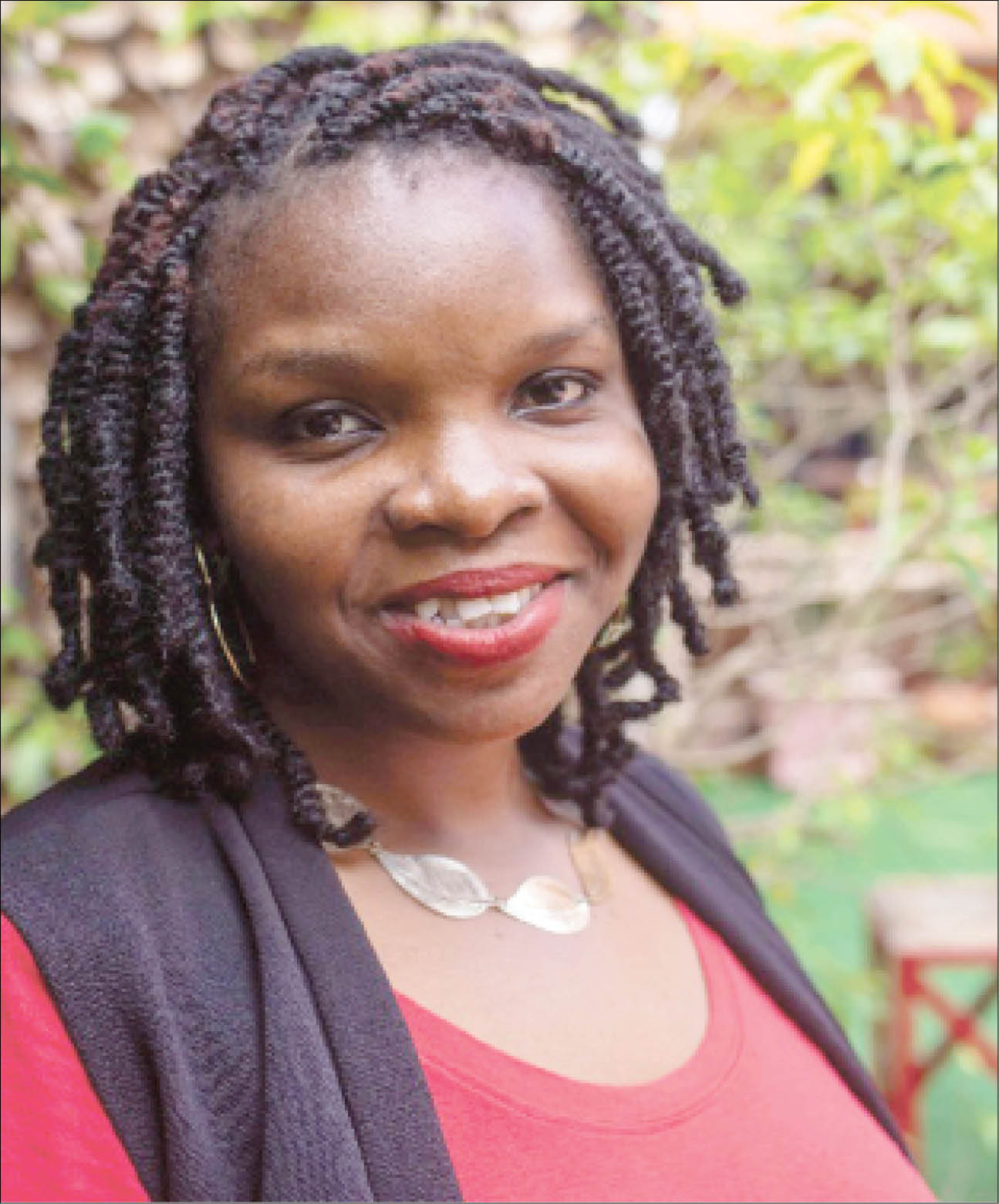The internet thought me photography – Etinosa Osayimwen
Etinosa Yvonne Osayimwen, is a self-taught photographer from Benin City born in Sokoto, raised in Lagos and now lives in Abuja. Although she trained as a theatre artist, the 2018 recipient Women Photograph + Nikon grants said, she has found her passion in photography. You started off as a social media marketer. Could you […]

Etinosa Yvonne Osayimwen, is a self-taught photographer from Benin City born in Sokoto, raised in Lagos and now lives in Abuja. Although she trained as a theatre artist, the 2018 recipient Women Photograph + Nikon grants said, she has found her passion in photography.
You started off as a social media marketer. Could you share with us how that began?
I started working in Lagos as a social media marketer in 2012, resigned in 2015 to start a travel blog but that didn’t work out. However, I somehow fell in love with photography because I used to take pictures while exploring. I picked up a job as a social media marketer the same year but this time in Abuja. In 2017, I decided to start exploring photography as a medium of communication and expression.

Please tell us about your work as a documentary photographer?
I first heard and learnt about documentary photography in 2017 while I was learning about photography online. I like the immediate impact photographs have on the mind of the viewer. As a documentary photographer, I am trying to raise awareness about societal issues that I am passionate about through my pictures. I currently work on commissioned and personal projects.
How did you develop an interest in photography?
I tried to start a travel blog and that was when I first picked up a camera. Although it didn’t work out, I got more interested in photography. However, later that year, I started working and focused more on my job and but I took pictures for the organization whenever there was an opportunity. During my time there, I volunteered to take a couple I met while on duty for a fistula surgery. I took some pictures of them and that sort of made me read about using photographs to tell stories. I decided to build a career in photography in 2017. Now I work as a freelance photographer.
Did you have any formal training?
No, mostly informal. I normally watch photography videos online as well as read articles about photography. I also study the works of other photographers. I have learnt and I am still learning a lot about photography all thanks to the internet. I also reach out to other photographers for advice as often as I can. Lately, I’ve been attending photography workshops, I’m also part of a photography mentorship program.
What kind of subjects, themes do you like to work on?
I focus on underreported issues that affect members of our society. I’m currently working on conflict related issues, drug use and abuse, social justice issues and I like to explore stories that have to do with culture.
Please tell us about your project, ‘It’s all in my head.’
‘It’s all in my head’ is an ongoing project that explores the coping mechanisms of survivors of terrorism and violent conflict by using layered portraits of the survivors and the things that they do to help them move forward or otherwise.
This project aims to advocate for increased access to psychosocial support for survivors of terrorism and violent conflict in Nigeria which in turn will improve the mental health of the survivors.
What’s the most challenging project you have been involved in?
Well every project has its unique challenge, it can be mental, physical and the list goes on. At the moment, my ongoing project, ‘It’s all in my head,’ seems to be the most challenging. The fact that many of the survivors have never shared their experience seems to be so relieving yet so traumatic when they do. Recently, I was speaking to a family that lost two of their children during a land grab fracas which eventually turned violent. At some point during the interview one of the kids [who survived] started crying, and in less than a minute the parents did same. I was devastated.
 Have you tried other art forms asides photography?
Have you tried other art forms asides photography?
I’m a trained a theater artist. This is one art form that I explored before I took to photography. I’ve also started exploring documentary filmmaking.
As a visual storyteller, what are three things that guide you when you are about to embark on a narrative?
When I want to work on a story, I always try to put the subject of my story first. I constantly remind myself that the reason why I started the story is because of “this person or this community.” I always consciously put the people or person I am working with first. Then I think of ways I can highlight the issues the person or people are facing in a visually compelling manner. I always try to take my time to think of how best to highlight an issue. I try not to rush myself until I’m convinced of the best way to tell the story.
You are one of the 2018 recipients of the Women Photograph + Nikon grants. Please tell us about it and what the recognition means to you?
The Women Photograph + Nikon grant will enable me continue work on my ongoing project for at least a year. The application was my first attempt at applying for a grant and it was quite humbling to see my work selected out of the thousands of applications that were received.
Do you think you have captured ‘that’ image that would break the glass ceiling for you?
No, not yet. (Laughter)
